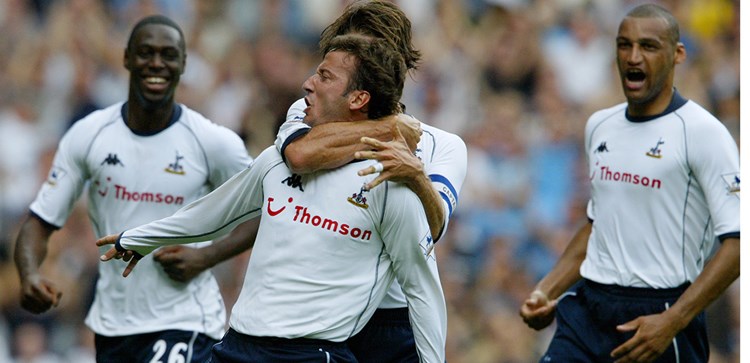
Spurs stories | Mauricio Taricco - Ipswich, Spurs, Ginola and Poyet
Fri 08 November 2024, 14:15|
Tottenham Hotspur
Mauricio Taricco began his journey in English football at Ipswich Town before joining us in 1998, where he had the best view in the house of the genius of David Ginola and made a friend for life in Gus Poyet on his way to making 156 appearances in all competitions until departing in 2004.
In his latest interview with a former player for our Official Matchday Programme, Andy Greeves caught up with the full-back ahead of Sunday's Premier League clash between two of his former teams at Tottenham Hotspur Stadium.
What attracted you to make the move from Ipswich Town to Spurs during the 1998/99 season?
Mauricio: "It was a good situation for me to move forward in my career and test myself in the Premier League with Spurs. I absolutely loved my time at Ipswich and we were doing well in the Championship but as we know, the Championship and the Premier League are two different leagues. So, the decision was made mainly because of that. I was very happy at Ipswich, my wife was settled and we were about to have our first child there. But in terms of football and making a professional decision, I thought it was the right option to join Spurs."
Your Spurs debut came in a goalless Premier League draw with Wimbledon on 16 January, 1999. What are your memories of that one?
Mauricio: "I don’t have any specific memories about that game. What I do remember is at the start of my career with both Ipswich and Spurs, it took me a little bit of time to adjust. In my opinion, I think this was due to my physicality. Dealing with certain situations on the pitch physically could be tough for me. I needed that time to have a team around me that could help me with that aspect and then, in return, I was able to help them with my qualities."
What was it like playing with a certain David Ginola in front of you in your first few seasons at Spurs?
Mauricio: "I always say, David was probably the most outstanding player in terms of what he could do individually. He was powerful, he had great technique. David wasn’t the only player in the team at that time though… there were many very good players in that Spurs team… Darren Anderton, Sol Campbell, Les Ferdinand then, later on, Teddy Sheringham returned to the club. There was also Gus Poyet, Tim Sherwood. Many great players.
After receiving a pass from you, David went on a mazy run and scored a memorable goal in our 1-0 FA Cup quarter-final replay victory at Barnsley in March 1999. Do you claim an assist for that goal?
Mauricio: "Ha ha! What a goal that was! As David himself used to say ‘just give the ball to me and I’ll do the rest’. And that’s what happened!"
We won the Football League Cup in your debut season here in 1998/99. It must have been frustrating for you being cup-tied and, therefore, unable to play in either the semi-final or final?
Mauricio: "I had to watch from the sidelines for the win over Leicester in the final as you say. It was frustrating not being out on the pitch but I was just delighted for everyone at the Club winning a trophy. It’s always fantastic winning a trophy and I got enjoyment out of it still."
Speaking of the Football League Cup, one of the most enjoyable fixtures you ever played for Spurs must have been the 5-1 semi-final, second leg victory over Chelsea in January 2002?
Mauricio: "What an atmosphere it was at White Hart Lane that evening. At that time, we weren’t as competitive with the top teams in England as Spurs are today. Chelsea were a very good team and they had a bit of a hold over us in terms of always seeming to get a result against us. So, it was nice to finally get the win over them. Something our fans would have enjoyed."
You scored two goals for Spurs during your time at the Club and you must have fond memories of your strike in our 2-1 Premier League win over Leeds United in 2003 in particular?
Mauricio: "That was a nice one for me. I was able to run with the ball a bit, open up my body and then hit a shot where I wanted it to go. It was a great feeling seeing it hit the back of the net and great that it came in a win. My other goal came against Liverpool in a (2-3) defeat, with a bit of help from their goalkeeper, so the Leeds one is definitely the one to remember!"
What were George Graham, Glenn Hoddle and David Pleat like as managers for you?
Mauricio: "You always learn from any manager. Each manager had their own ideas on how the game should be played of course. George was about being organised first and foremost. He had the reputation of being a manager who didn’t want his teams to play, but I don’t think this was the case. He wanted to play, but he wanted to be organised. Glenn was a lot more about playing, changing tactics and changing different things in a game. We had good spells with Glenn. It was very enjoyable playing under him but unfortunately, we never got to the level of consistency with results we all wanted. David was an old-fashioned manager, who had obviously done very well at Spurs previously. I spent the least amount of time under David compared with George and Glenn, but I still learned from him."
You played 37 matches in all competitions at Spurs in your final season in 2003/04. Were you therefore disappointed to be released in the opening few months of the following season?
Mauricio: "Yes, but these things happen in football. It was a shame to leave Spurs, as I would have loved to have stayed for at least another couple of seasons but it wasn’t to be. But that’s all in the past now and I only look back fondly on my time at Spurs."
Who were your best friends during your time at Spurs?
Mauricio: "Myself and Gus Poyet. We remain good friends, we’ve worked together in the past… in fact, my family and his family are meeting up in London this weekend! We had an instant connection when he joined from Chelsea. We come from similar backgrounds culturally. We also see football in a similar way. We have the same codes and ethics and our families always get on well."
Have you had the chance to visit Tottenham Hotspur Stadium since it opened?
Mauricio: "Yes, I saw a match against Brighton a few years ago. What a stadium it is… it’s unbelievable with its size, the technology etc. It’s the sort of stadium you expect for a top club like Tottenham Hotspur of course. It felt slightly surreal seeing this huge structure on the site of the old White Hart Lane... I didn’t know where to drive in to park my car any more!"
Going back to the start of your English football adventure - how did you come to sign for Ipswich in 1994?
Mauricio: "I was playing for Argentinos Juniors in the top league (the Primera División) in Argentina. After a season playing there, I had the opportunity to join Ipswich. The club had watched games through agents etc. and they signed me. I went to Ipswich with a Uruguayan player - Adrián Paz. It was a great first career move for me... it offered me the opportunity to try a new experience, to learn and to develop as a footballer and a person. It was a difficult first year for me at Ipswich, not speaking English and with only a few foreign players there. It was a big cultural shock. But after that, I managed to start playing and performing. I developed a good understanding with many good players that Ipswich had at the time and it was a successful period for me."
You became assistant manager to Gus Poyet at Brighton & Hove Albion in 2009, which included a period where you returned to playing and made 19 appearances for the club between 2010 and 2012…
Mauricio: "That’s right. I’ve always loved football and especially, playing football. I’ve always trained and kept myself in shape, I still do. During my time at Brighton, we had a few injury and suspension problems and Gus mentioned about the possibility of me playing and I said that I’d like to play. So, I played! When you are playing three times a week, it can maybe be tough... mentally especially. But when you take a few years away from playing, you realise how nice it was playing!"
In addition to Brighton, you worked with Gus at Sunderland, AEK Athens, Real Betis, Shanghai Shenhua and Bordeaux. What were those experiences like?
Mauricio: "They were unbelievable experiences, all of them. Brighton was the first of those experiences, the longest one and probably the place where we were able to apply and show through the team what football is for us. Gus, with his personality, his professionalism… he made the team perform in a way that was remarkable. I’m sure if you spoke to people watching Brighton, week-in, week-out - especially in our second season when we won League One (in 2010/11) - they would talk not only about that achievement but the style in which we achieved it. The players were outstanding - they understood perfectly the way we wanted to play and executed that on the pitch. At the other clubs, we suffered more because we were always going into jobs where they needed results urgently because of their situations. That reduced the time we had to work with because you needed to win tomorrow otherwise you were out of a job. That doesn’t give you the base to really put your thoughts across. Although that made it more difficult, things were still very enjoyable. In one season (2013/14), we got to the League Cup Final with Sunderland and we kept them in the Premier League after a very difficult start. That was amazing. The experiences abroad were not only incredible from a footballing perspective but from a life perspective too. Seeing different parts of the world, learning about different cultures. Without football, I would never just decide to go and live in Shanghai for example. But football took me there and what an experience that ended up being. This makes you grow as a person."
Are you hoping to work alongside Gus again in the future?
Mauricio: "If the right opportunity comes around, I would be interested in working with Gus again. We are great friends and we see football and life in a similar way. The mutual respect is there so let’s see. We last worked together on a permanent basis in Bordeaux. Then we had the pandemic. I did meet up with him a few times during his managerial spell with the Greek national team (between 2022 and 2024)."








